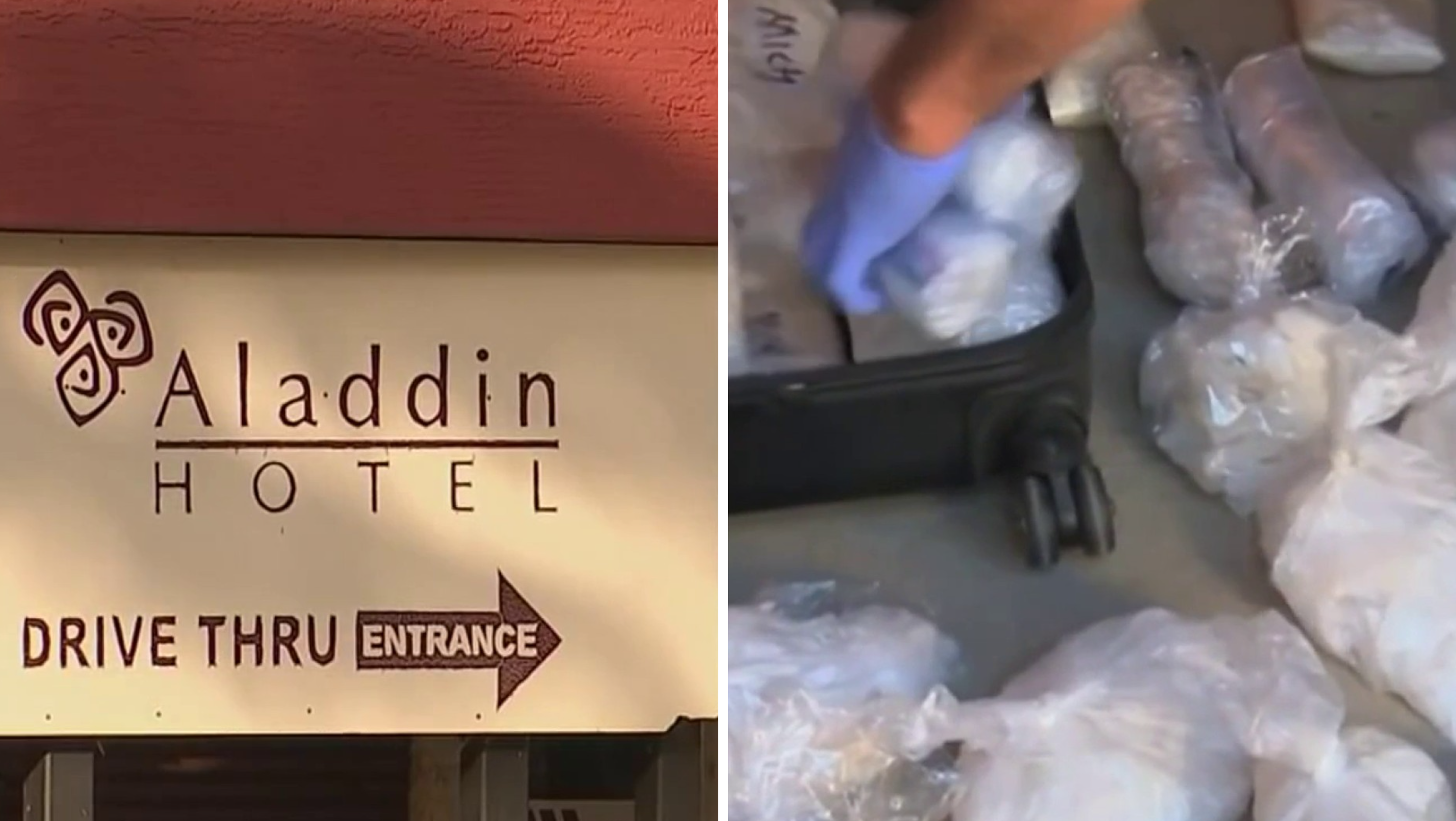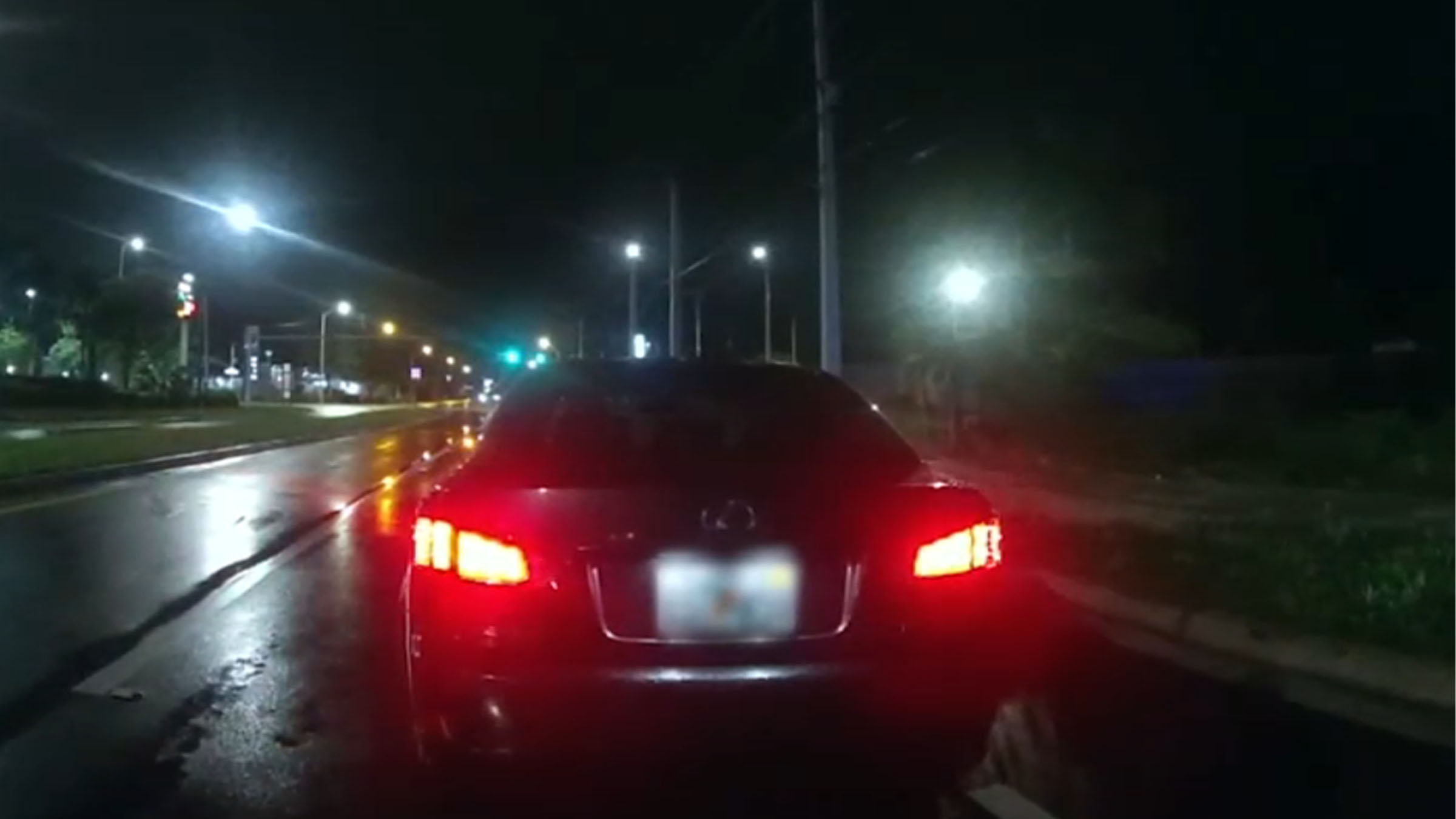While so much has been disrupted by the pandemic, one thing has been shut down entirely — Miami-Dade’s criminal jury trials.
That’s creating a backlog that some lawyers fear could overwhelm an already stressed criminal justice system.
Before COVID shut down jury trials in Miami-Dade, a steady stream of defendants made their way from jail to courthouse to cut plea deals, often sweetened as a key date approached— their trial date.
Then came the pandemic.
“It essentially shut down the system in many ways,” said Carlos Martinez, Miami-Dade public defender.
By pausing the speedy trial deadline, Florida’s Supreme Court has removed the urgency of a trial date that often prods inmates to plead guilty or force the state to drop charges if it’s clear at that moment they cannot prove guilt.
One result: the number of inmates in Miami-Dade County jails has returned to pre-pandemic levels. The census was 3,872 in February, down to 3,197 in June, then back to 3,963 last month.
Investigations
The NBC 6 Investigators get results
“There are people in jail who would not ordinarily be currently in jail if we had the speedy trial actually working right now,” Martinez said.
Defense lawyers say that is unfair.
“I don’t disagree, not just to the defendants. It’s not fair to the defendants, it’s not fair to the victims, it’s not fair to the lawyers that are trying to make a living,” said Miami-Dade Criminal Administrative Judge Nushin Sayfie. “Look, this whole situation is not fair to the whole universe.”
Get South Florida local news, weather forecasts and entertainment stories to your inbox. Sign up for NBC South Florida newsletters.
Before jury trials were shut down, Sayfie says only 5% of all criminal cases went to trial.
“So, a very small percentage,” Sayfie said. “But what any lawyer will tell you -- what any judge will tell you -- is when you have that trial date sort of looming, sort of as a deadline for the case, it does help the case settle.”
Defense attorneys say the best deals often come just before trial, but not anymore.
“We really have no leverage to put the prosecutors’ feet to the fire and get good deals. Things are just stagnant,” said criminal defense attorney Marcia Giordano Hansen.
With no trial date, their clients wait. Giordano Hansen has one in custody for two and half years, facing a possible seven years minimum for drug trafficking and money laundering. His trial postponed four times in less than a year.
At the public defender’s office, Martinez says the caseload has increased from 13,000 in March to 20,000 this month.
“If you look at all the cases that are teed up, you’re never going to get through all the trials,” Martinez said.
When trials do resume, tentatively around March 1, the speedy trial clock will soon start ticking again. Unless it is waived, it usually gives the state about 175 days from arrest to trial. If enough defendants demand them, the system could crash.
“Without that capacity, you can't get it done,” Martinez said. “The courts have asked for additional funding because they know the backlog and the courts know what’s going to happen.”
“I think it will take a couple of years,” Giordano Hansen said. “There’s no way we can catch up this quickly. There’re not enough judges to hear all these trials. There’re not enough prosecutors to prosecute those trials. There aren’t enough courtrooms to do so.”
“There’s nothing we can do that can make up for the fact that people may be staying in jail longer than they would have before the pandemic,” Sayfie said. “That’s just the said fact.”
But going forward, Martinez is recommending the courts lease out one or more massive venues, such as the Miami Beach convention center, to hold dozens of trials at once.
The Florida court system is seeking millions in additional funding it says is needed to deal with the backlogs.



